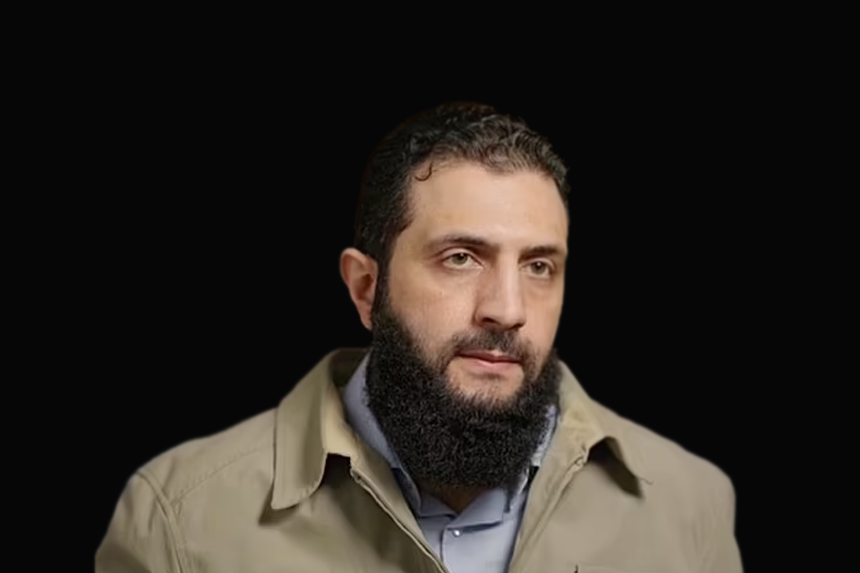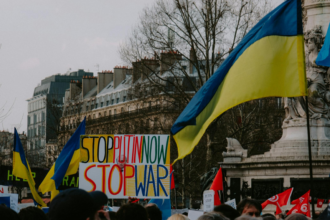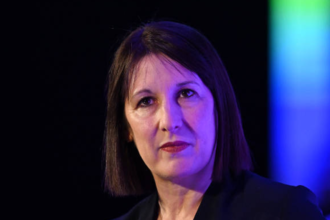British diplomats have engaged in talks with Ahmad al-Sharaa, the leader of the Syrian rebel group Hayat Tahrir al-Sham (HTS), following the group’s recent ousting of President Bashar al-Assad. The talks mark a significant shift in diplomatic relations, given that HTS has long been considered a terrorist organization by the UK government.
Images shared on social media by HTS’s military operations department revealed al-Sharaa, formerly Mohammed al-Golani, meeting with senior officials in Syria’s capital, Damascus. Among the officials pictured with him was the UK’s special representative for Syria.
What Did the HTS Leader Demand from the West?
During the meeting, HTS made a public call for the West to lift all sanctions imposed on Syria under the Assad regime, including the designation of HTS as a terrorist organization. Al-Sharaa gave an exclusive interview in which he argued that the sanctions had been applied in a way that penalized both the victim and the perpetrator.
He said, “They should lift all restrictions, which were imposed on the flogger and the victim. The flogger is gone now. This issue is not up for negotiation.” His remarks were a direct challenge to the international community, as HTS seeks to rehabilitate its image following the ousting of Assad.
What Is the UK Government's Stance on Syria's Future?
The British diplomats and HTS met after the UK government confirmed that it had established “diplomatic contact” with the group. Despite this, the UK still officially considers HTS a terrorist organization, which has kept the conversation nuanced.
A spokesperson said, “We want to see a representative, inclusive government. We want to see chemical weapons stockpiles secured and not used, and we want to ensure that there is not continuing violence.” Their comments reflect the UK’s careful balance in dealing with the shifting dynamics in Syria, particularly after Assad’s downfall.
Using both “diplomatic and, of course, intelligence-led channels” is essential to navigating the current situation. The spokesperson emphasized the need to engage with HTS to achieve security and stability in Syria.
How Is the UK Responding to the Humanitarian Crisis in Syria?
In light of the ongoing conflict, the UK government has announced a £50 million humanitarian aid package aimed at assisting vulnerable Syrians, including refugees in the region. This aid is a response to the devastating consequences of the civil war, which has displaced millions of Syrians over the years.
According to estimates from the United Nations, more than 374,000 Syrians have been displaced by the recent fighting that led to the removal of Assad from power. This adds to the millions who have already been forced to flee their homes due to the prolonged civil war.
What Does the Future Hold for Syria After Assad's Ouster?
As Syria begins to emerge from years of conflict, the international community remains focused on ensuring a stable and peaceful future. While the ousting of Assad marks a potential turning point, much of the country remains in turmoil, with rival factions vying for control and foreign powers continuing to exert influence.
The talks between the UK and HTS signal that Syria’s path forward may involve difficult compromises and the redefinition of longstanding relationships in the region. As the situation unfolds, the international community and Syrian leaders will be tasked with determining the future of Syria’s government, its security, and the well-being of its citizens.
UK Considers Sending Troops to Ukraine for Military Training








